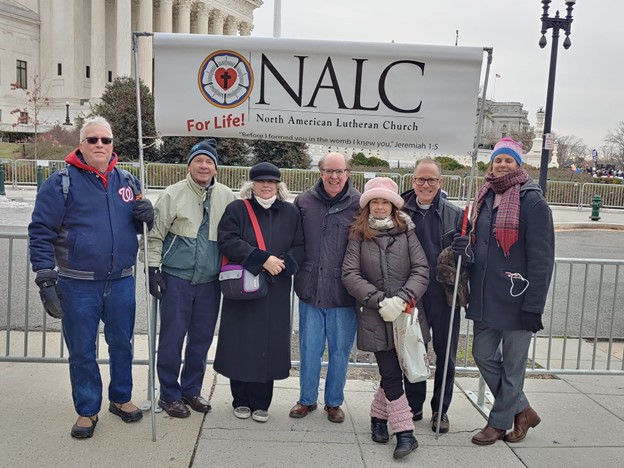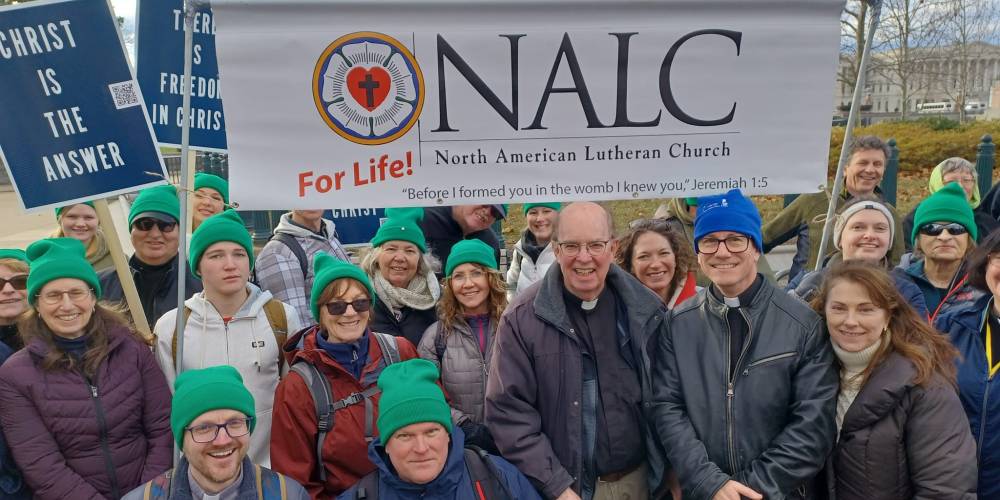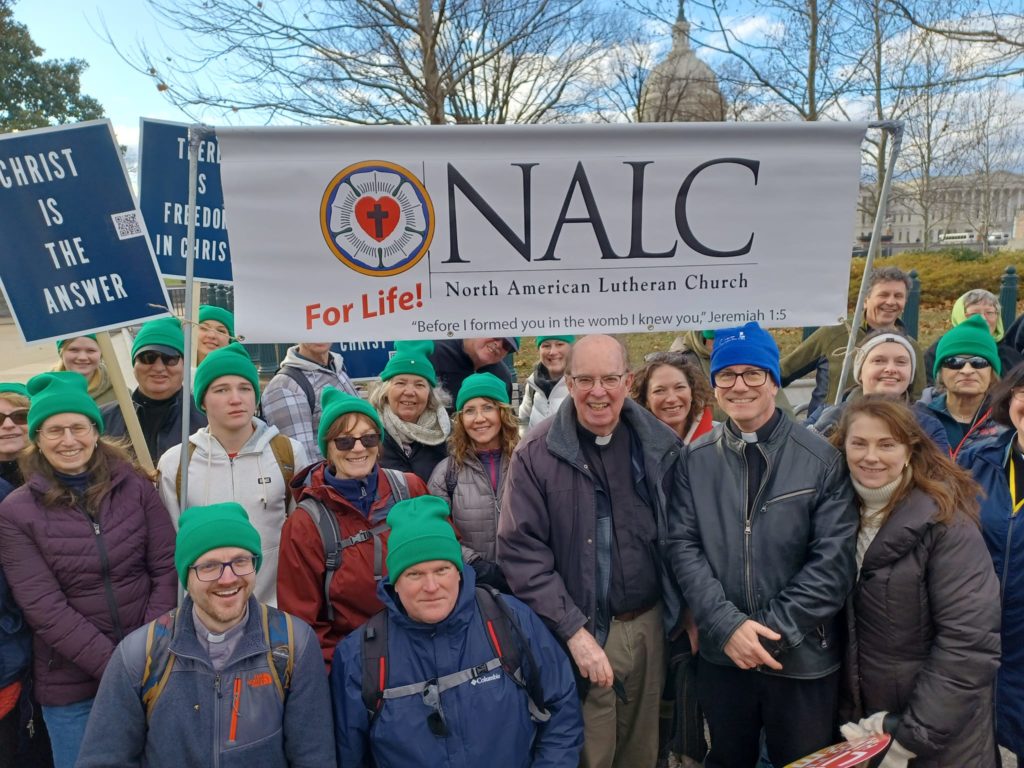In the fall of 2021, St. Paul Lutheran Seminary launched a new academic Journal called SIMUL, and since that time its pages have featured articles by Bob Benne, Mark Granquist, Brad Hales, and many others.
But Why a New Journal?
When one looks at the landscape of Lutheran publications in the United States, there are many fine journals to choose from, including Lutheran Forum, ProEcclesia, Lutheran Quarterly, and Logia, just to name a few. So what makes SIMUL different?
1) It’s free. Its readers pay nothing to read the articles or share them with friends. The last thing our pastors and laity need right now is to write another check to a theological journal. And so, they are quite proud of SIMUL’s availability without charge. But quite honestly, it does cost money to produce. So if you would like to make a contribution to the production of SIMUL, you can do so by going to our website at https://semlc.org/support-st-paul-lutheran-seminary/ But please do not feel obliged to do so, because just like the gospel, SIMUL is a free gift.
2) It’s online. To keep SIMUL free, it is offered online only. SIMUL can be accessed on their website at https://semlc.org/simul/ and on their Facebook page at https://www.facebook.com/St-Paul-Lutheran-Seminary-139019069505467. It is also accessible through their email list. If you would like to be added to that list, send your email address to [email protected].
3) It’s readable. Let’s face it – you probably subscribe to a few print journals and actually read only one or two articles from every issue. Then you throw that copy out, feeling a little guilty. No more! SIMUL is a quarterly journal, and they plan on including just four articles per issue. Therefore, SIMUL is a journal you will actually read from cover to cover every three months, and when you are done, there is no need to walk to the recycling bin.
4) It’s academic, but it’s written for the church. SIMUL is an academic journal, and it is written by academics. All four articles in its first issue were written by Lutheran scholars who hold PhDs. The articles you will read in SIMUL are going to adhere to the highest academic standards, and they will include endnotes so you can reference where the authors are getting their information. But just because our articles are written by academics that doesn’t mean you have to be an academic to understand them. SIMUL is going to be readable, but not just by academics, and not just by pastors, but also by our church members, the disciples who move the church forward. And that is their goal – not to simply look smart in front of other academics, but rather, to edify the church.
5) It is going to introduce you to St. Paul Lutheran Seminary. The summer of 2021 marked the tenth anniversary of St. Paul Lutheran Seminary, which offers something very special to the church: an affordable education, available online, from a Lutheran perspective, by professors who also serve the church as pastors. So let’s take a look at the history of the seminary:[i]
St. Paul Lutheran Seminary
St. Paul Lutheran Seminary (SPLS) began with a simple premise in the summer of 2011: to provide churches with an easily accessible, high-quality confessional Lutheran education and resources for mission, with a goal of equipping servant leaders. SPLS uses a “Paul-Timothy” model for preparing ministry candidates. They utilize pastor/academics to educate and mentor men and women for Word and Sacrament ministry. And SPLS allows students to complete their studies online at one of their residential locations. They offer MDiv, a DMin, and a certificate programs, as well as our Kairos program in association with Sioux Falls Seminary. They currently have 39 students studying domestically and another 33 studying at our overseas locations in Ethiopia, as well as in Mexico and Nicaragua (both of which are offered entirely in Spanish). In addition, another 500 students are enrolled in a weekly lectionary study led by their founder and provost, Dr. Jim Nestingen, and 22 others participate in a short preaching course for those interested in providing pulpit supply. Along with Dr. Nestigen, they have some wonderful professors: Dr. Marney Fritts, who teaches theology, as well as Drs. Bud Thompson, and Orrey McFarland who head up their biblical studies classes, and so many other dedicated pastor/theologians.
So academics are their strength, but they have made the curriculum practical as well. Their program includes a 6-course series called “Being a Pastor,” which is taught by experienced pastors who love parish ministry. The classes feature open discussion on such topics as “how to enter a community,” “maintaining healthy boundaries,” “parish administration,” and other areas of concern to aspiring pastors and church workers.
They are also blessed with an amazing board of directors who lead them financially and administratively, one of whom, Dr. Edwin Spruth offers a wonderful article in their first issue. It is they who govern the seminary.
The result is a seminary which is orthodox, Lutheran, confessional, and ready to prepare students for ministry. To quote their dean of students, Rev. Julie Smith, “All of this theology is for the sake of faithful preaching, for the sake of setting sinners free.”[ii]
What’s Ahead?
We are so excited about this coming year. Summer 2022’s topic is the “Uses of the Law – 2 or 3?” (they will attempt to remain civil and avoid any further schisms). And their Fall 2022 issue will cover the subject of the sacraments, something which has come under much discussion during the COVID-19 shutdowns.
Their 2023 annual theological conference will be at the historic Jekyll Island Club in GA on April 11th and 12th, 2023 – always a fun time in a beautiful place, with so many wonderful speakers. You can register at https://semlc.org/conference-registration/
So I hope you enjoy the first-ever issue of SIMUL. And if you have any questions about the journal or about St. Paul Lutheran Seminary, please email Rev. Dr. Dennis R. Di Mauro at [email protected]
[i] A more detailed history of St. Paul Lutheran Seminary can be found on our website at https://semlc.org/about/
[ii] Julie Smith, “Address to the Augustana District Conference in 2018,” https://semlc.org/about/ (accessed Sept. 29, 2021).











